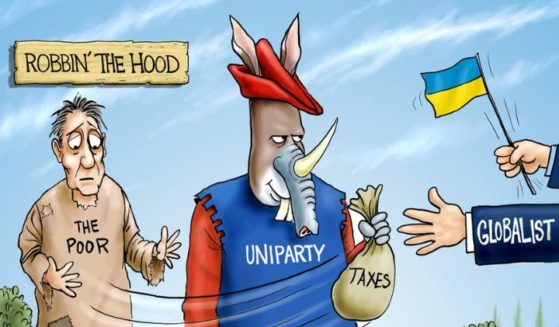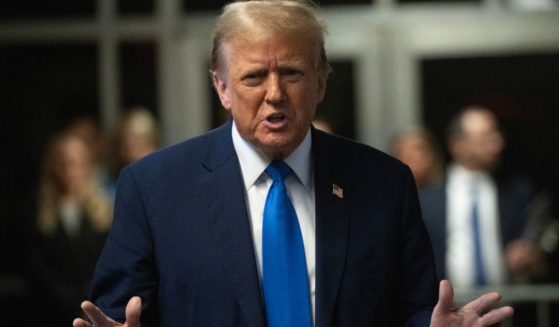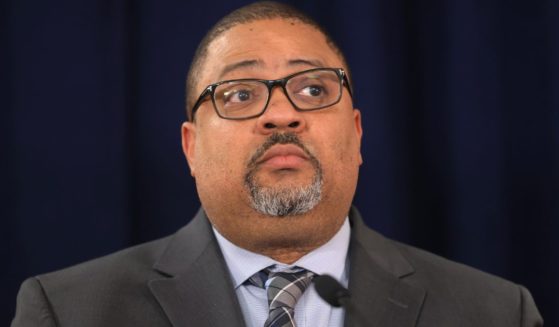Egypt tightens restrictions on media, social networks
CAIRO (AP) — Egypt’s top media regulator on Tuesday put into effect tighter restrictions that allow the state to block websites and even social media accounts with over 5,000 followers if they are deemed a threat to national security.
The move is the latest step by the government of President Abdel-Fattah el-Sissi to suppress dissent. In recent years, Egypt has launched an unprecedented crackdown on reporters and the media, imprisoning dozens and occasionally expelling some foreign journalists.
The new regulations, published in the official gazette late Monday, allow the Supreme Media Regulatory Council to block websites and accounts for “fake news,” and impose stiff penalties of up to 250,000 Egyptian pounds ($14,400), all without having to obtain a court order.
Prominent Egyptian journalists have called the measures unconstitutional, saying they grant far-reaching powers to authorities to censor the media, in violation of basic press freedoms.
Chief regulator Makram Mohammed Ahmed refused to comment.
Mohamed Abdel-Hafiz, a board member of the journalists’ union, said the government is threatening journalists with “vaguely defined national security violations, as well as vaguely defined political, social or religious norms.”
The nine-page document gave a broad list of prohibited topics, including “anything inciting violating the law, public morals, racism, intolerance, violence, discrimination between citizens or hatred.” Media outlets that continue to publish “offending material” will be fined up to five million Egyptian pounds (around $298,000). The new regulations laid out the same penalty for outlets that publish content without obtaining distribution rights, plus additional compensation.
Critics of the new measures said the rules were stricter than those approved by lawmakers last July, which they said gave the government almost total control over the media.
Journalists’ union board member Gamal Abdel-Rahim explained: “Blocking websites is not included in the laws. The constitution itself states that websites and newspapers cannot be shut down without a court order.”
He said the regulatory council had also ignored all of the union’s notes and comments on the new measures.
Since late 2017, some 500 websites including news outlets and rights groups have been blocked, according to a recent report by an Egyptian watchdog group, the Association for Freedom of Thought and Expression.
Authorities say the measures are necessary to prevent instability as Egypt struggles to revive its economy and combat an Islamic insurgency in northern Sinai. El-Sissi has frequently suggested political rights are less important than the right to food, housing and other necessities, and has rolled back many of the freedoms won by the 2011 uprising against longtime autocratic President Hosni Mubarak.
The government set up a unit last year for tracking alleged rumors, after el-Sissi claimed without elaborating that the government had identified some 21,000 rumors circulated over a three-month period in 2018.
Egypt remains among the world’s worst jailers of journalists, behind China and Turkey, according to the press freedom group the Committee to Protect Journalists.
The Western Journal has not reviewed this Associated Press story prior to publication. Therefore, it may contain editorial bias or may in some other way not meet our normal editorial standards. It is provided to our readers as a service from The Western Journal.
Truth and Accuracy
We are committed to truth and accuracy in all of our journalism. Read our editorial standards.












